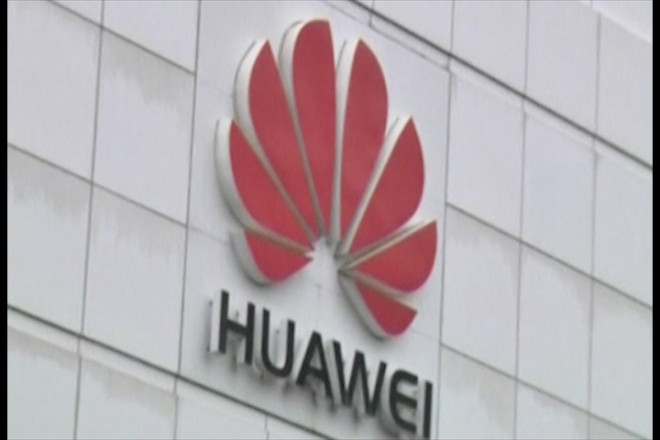China's Huawei Calls on Tech Firms to Unite Against NSA Spying

China-based telecoms equipment maker Huawei has condemned alleged spying on its networks by the US National Security Agency, reportedly part of wider efforts to spy on Chinese politicians and firms.
"If the actions in the report are true, Huawei condemns such activities that invaded and infiltrated into our internal corporate network and monitored our communications," Huawei said in a statement.
Huawei staunchly defended its security record across the 145 countries it sucessfully operates in, and called on global technology companies to join forces against spying.
"It's time for responsible peers to come together and develop standards and best practices that will ensure we raise the bar to make it more challenging for those who would perpetrate cyber mischief to do so," William Plummer, vice-president for external affairs at Huawei USA, told the Financial Times.
The response comes after reports by the New York Times and the German magazine Der Spiegel based on documents leaked by former NSA contractor Edward Snowden that the agency had monitored Huawei executives' communications.
The spying was part of a major attempt by the intelligence agency to spy on the Chinese government and companies. The NSA targeted former Chinese president Hu Jintao, the Chinese trade ministry, banks and telecom firms, according to the documents.
Huawei's growth to become the second largest network equipment supplier in the world has prompted the NSA to make it a special target. The company currently generates $38.6bn (€28bn, £23.4bn) in annual revenues and employs 150,000 people across the globe.
At the beginning of 2009, the NSA began an extensive operation, referred to internally as "Shotgiant," against the company, Der Spiegel reports. A special unit with the NSA succeeded in infiltrating Huwaei's network and collecting a list of 1,400 customers as well as internal documents of the company, according to the magazine.
Calls for Reforms
The Obama administration has been criticised for its surveillance practices, following revelations by whistleblower Snowden, who revealed the NSA's bulk collection of phone records and internet activity across the globe.
The government was forced to introduce reforms following revelations that the agency's targets included prominent figures such as German Chancellor Angela Merkel and Brazilian President Dilma Rousseff.
US tech giants including Google, Facebook and Apple were also not happy with the NSA spying.
Earlier, Facebook CEO Mark Zuckerberg called Obama personally to voice his displeasure over the pace of NSA reforms.
Subsequently, Obama met the tech CEOs and reassured that his government is committed to protecting the people's privacy.
He had earlier asked the US Justice Department and the intelligence community to develop a new system of domestic phone data collection. They are expected to report back before 28 March.
© Copyright IBTimes 2025. All rights reserved.






















